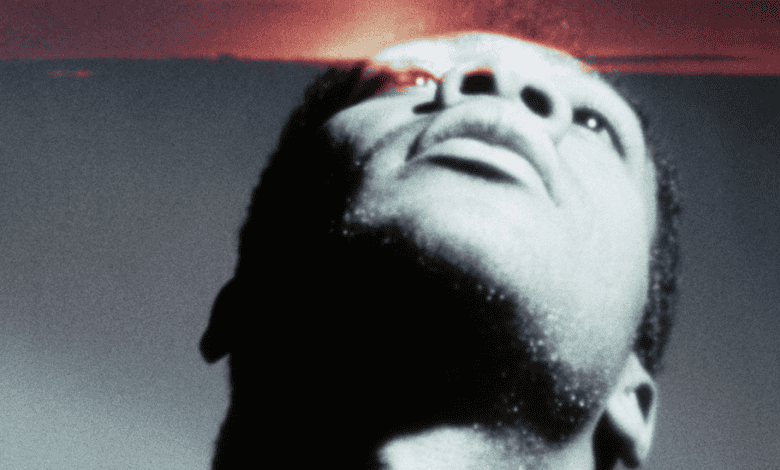Dancing on the Rooftops of New York in a Rediscovered Short Film

Supported by
SKIP ADVERTISEMENT
Dancing on the Rooftops of New York in a Rediscovered Short Film
-
Share full article
-
5
Video by Richard Preston
Text by Romaissaa Benzizoune
Mr. Preston was a British filmmaker and photographer who made films in New York City during the 1950s and 1960s. He died in 2009 at age 84. Ms. Benzizoune is an editorial fellow in Opinion.
In 1950, a young Black man traveled north from Washington to New York City. He was stunningly handsome and on the shorter side; his cheekbones sat high in a face hewed for the screen. Against all odds, the 19-year-old Louis Johnson had been accepted into the School of American Ballet; later on, he would describe himself as the “first Black Black” student there.
Or as Thomas DeFrantz, a professor of African and African American studies, dance and theater, put it, the few Black students who had previously been enrolled at the School of American Ballet were “what we call fluorescent beige.”
For African American dancers, American ballet proved to be a cold and hostile world. They were flat out told that their bodies were wrong; certain dance studios remained segregated well into the 20th century; a dancer might even be threatened by the Klan. Full-time employment, as Louis Johnson would soon discover, was near impossible to come by. After graduating from the School of American Ballet, he was rejected by New York City Ballet, which would have been the natural next step for him, because he was Black.
Did he bring that pain — of being Black and overlooked, Black and undervalued — to the dance project that he took on a few years later?
It’s not inconceivable. The short film presented above, “Two by Louis Johnson,” could also be taken as a commentary on the Black experience at large. Directed and shot by the British filmmaker Richard Preston, and featuring two early works choreographed by Johnson, the film was made during the civil rights movement.